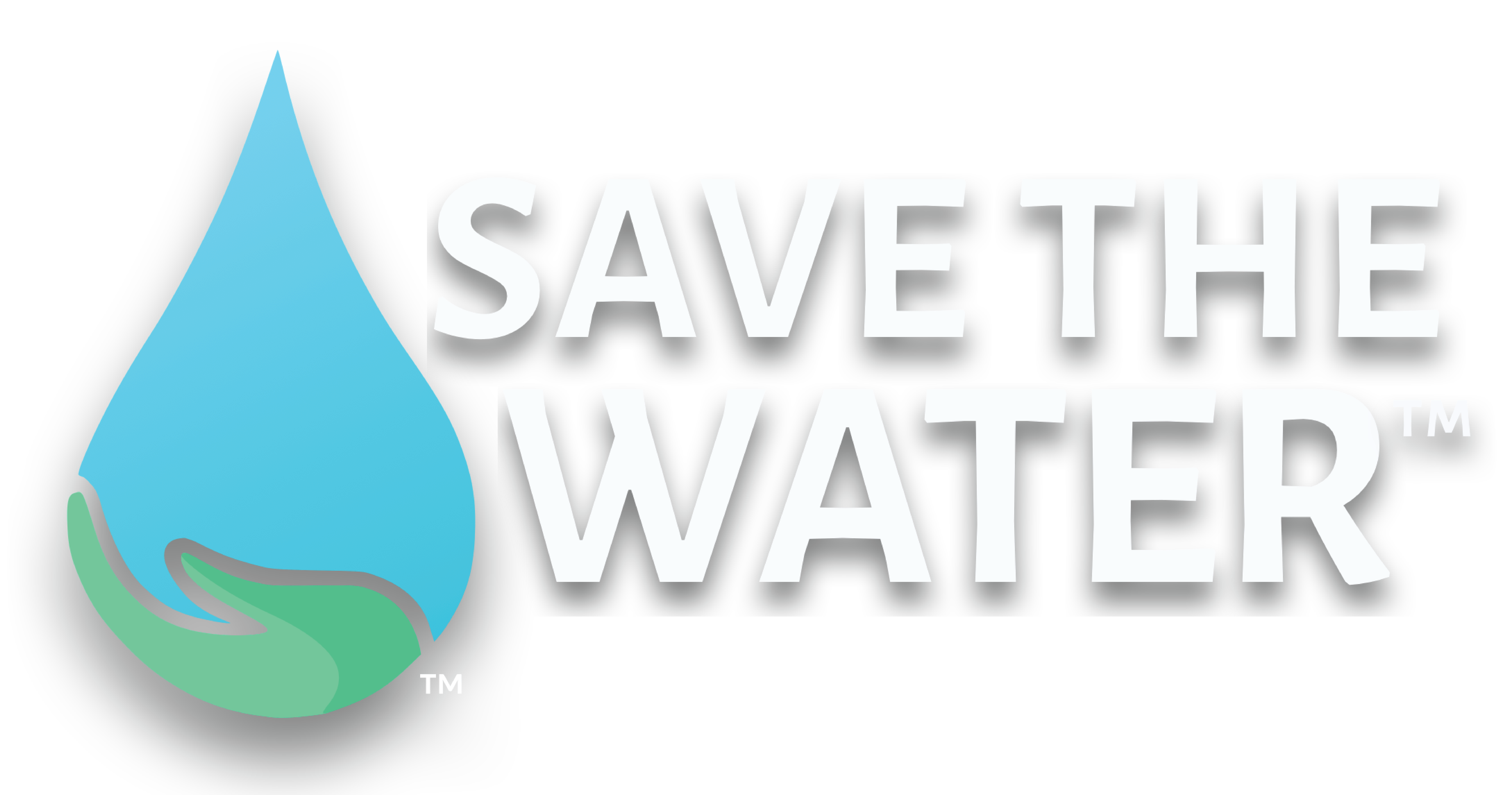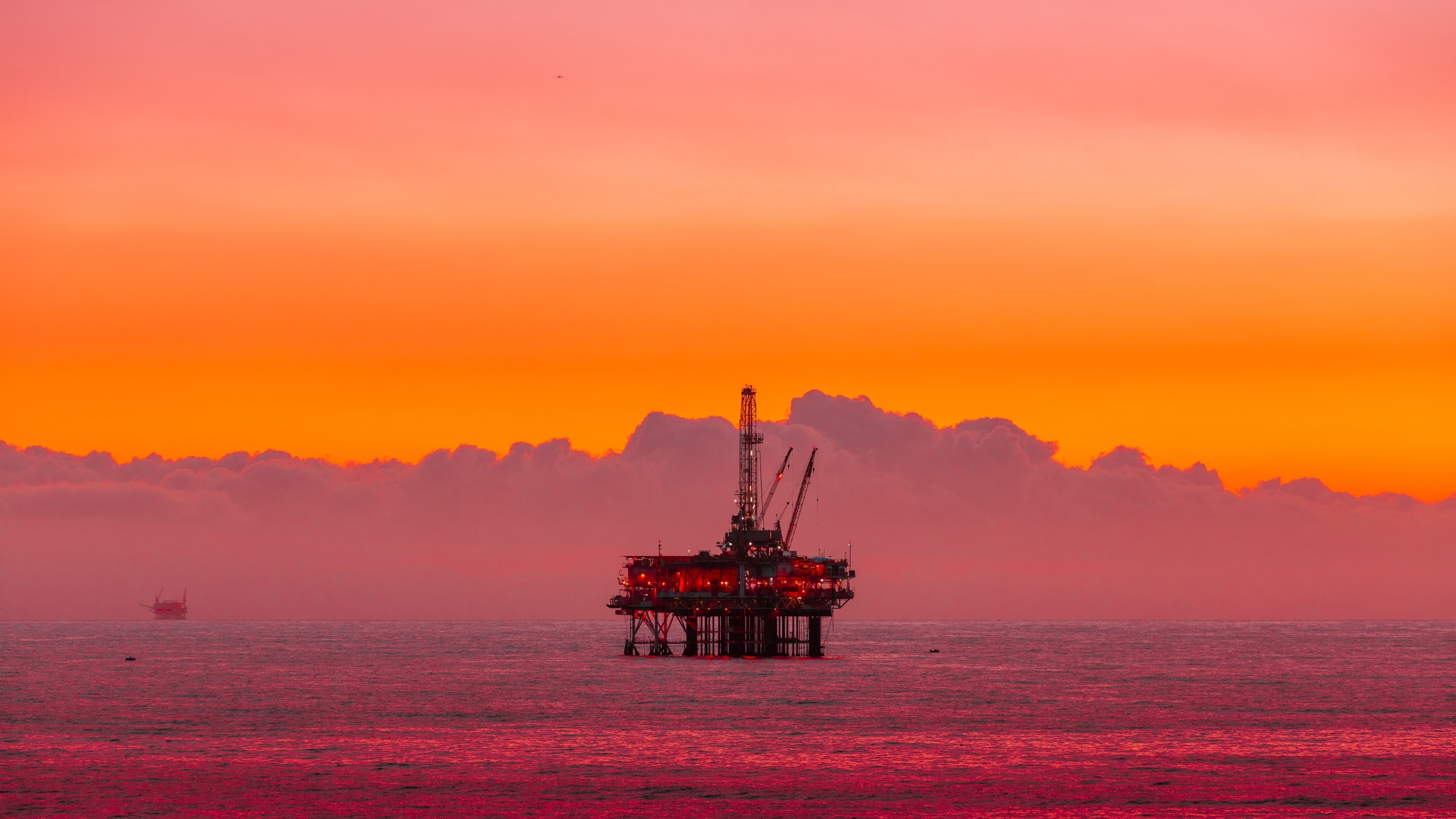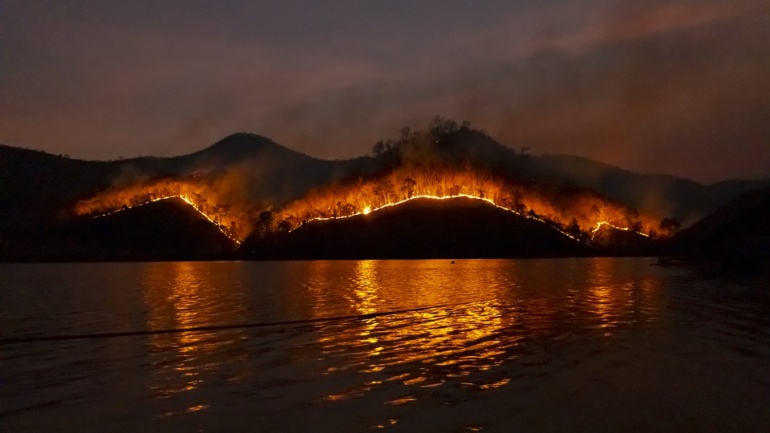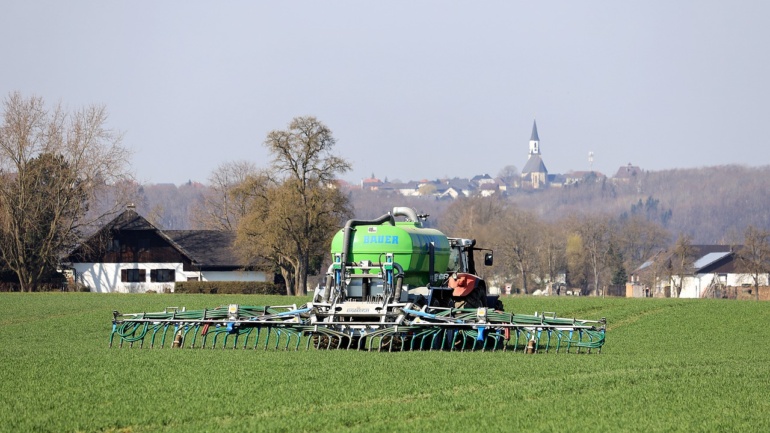By Lauren Hansen, Staff Researcher/Writer at Save the Water™ | November 3, 2021
Earlier this month, a leak in an underwater crude oil pipeline leaked thousands of gallons of oil into the Pacific Ocean off the coast of Southern California onto the land and waters of the indigenous Tongva, Kizh, and Acjachemen nations who have had a longstanding, close relationship with this area to meet their seasonal water needs.
The exact time of first reports of oil slick sightings is in dispute. However, the earliest alleged reports of oil in the water came from local harbor patrols as early as the evening of October 1, 2021.
Amplify Energy operates the part of the pipeline where the leak occurred. According to Amplify’s CEO, the company was not aware of the oil spill until the morning of October 2, 2021.
What caused the oil spill?
So far, the most recent reports claim that the pipeline had been damaged months prior. Divers noticed marine growth on the pipeline to indicate earlier damage. The pipeline had been displaced more than 100 feet, likely as a result of a vessel dragging its anchor along the ocean floor. While this displacement had already breached the pipeline, experts believe another dragged anchor dealt the final blow. The 13-inch crack released tens of thousands of gallons of oil into the ocean. Most estimates are around 25,000 gallons, but the highest estimate so far is at 144,000 gallons.
Who is to blame for the oil spill?
The question of who is responsible is a two-part issue. On the one hand, Amplify Energy is under fire for potentially neglecting pipeline maintenance and failing to react to the leak in a timely manner.
Beta, a subsidiary company of Amplify Energy, runs two rigs that are connected to Elly, the pipeline’s main platform processing platform. Beta has been cited over a hundred times for violations since 1981.
On the other hand, investigators are tracking GPS data to determine which ship may have dragged its anchor across the pipeline. The owners and operators of the cargo ship MSC DANIT are currently under investigation as potential suspects.
How has the oil spill affected the environment?
As of October 22, 2021, several dozen animals have been rescued, though some of the rescues have died. Here is a breakdown of the numbers:
- 109 birds have been recovered, though 32 remain alive.
- 5 marine mammals’ causes of death are being investigated.
- 1 dolphin was recovered alive.
The Oiled Wildlife Care Network of UC Davis releases daily updates on numbers of dead and live animals recovered.
Cleanup efforts have led to oil and tarballs recovered from the ocean. Below is a breakdown of the numbers:
- 5,544 gallons of oil have been recovered.
- 13.6 barrels worth of tar balls have been extracted.
- Nearly 475,000 pounds of oil sand and debris have been collected.
Lessons not learned: Infrastructure and our Reliance on Oil
This oil spill, though not as disastrous as previous ones, has led activists to once again call for improved infrastructure, more corporate accountability, and a shift away from oil as a primary energy source.
Earlier this year, the Army Corps of Engineers gave the US energy infrastructure a C- in its annual report card. This latest spill underscores the importance of maintaining US infrastructure in general. (Related: The Costs of Neglecting Water Infrastructure)
Lawsuits against Amplify Energy have already started rolling and are likely going to take years to settle. On November 3, 2021, environmental advocates announced their plans to sue the federal government for failure to review and update plans for platforms off the coast.
So far, around three dozen environmental organizations have sent a petition to the Department of Interior to suspend leases for these oil rigs to operate in federal waters.
As these actions continue to unfold in the wake of the spill, beach cleanup efforts will persist to restore as much of the marine ecosystem as possible.
How can you help locally or from afar?
President of the National Congress of American Indians (NCAI),Fawn Sharp, urges the federal government and other actors to take this opportunity to engage with Tribal Nations to protect our natural resources and find solutions to prevent these devastating events from happening again.
There are a number of ways you can get involved in current and future oil-spill-related actions.
Coastal California residents are advised not to try cleaning up tar balls themselves. Instead, you can report a tar ball by snapping a picture of it and emailing it to tarballreports@wildlife.ca.gov. Include the time, date, location, and your contact information.
Coastal California residents can also relay environmental concerns to the Oiled Wildlife Care Network by calling (877) 823-6926.
The City of Huntington Beach’s online response page includes information on how to assist with cleanup and animal rescue efforts.
Sign up to be trained to volunteer in future cleanup efforts by filling out this volunteer sign-up form or calling the volunteer hotline: 1-800-228-4544.
Pressure local, state, and federal politicians to improve energy infrastructure and implement policies that end offshore drilling.





